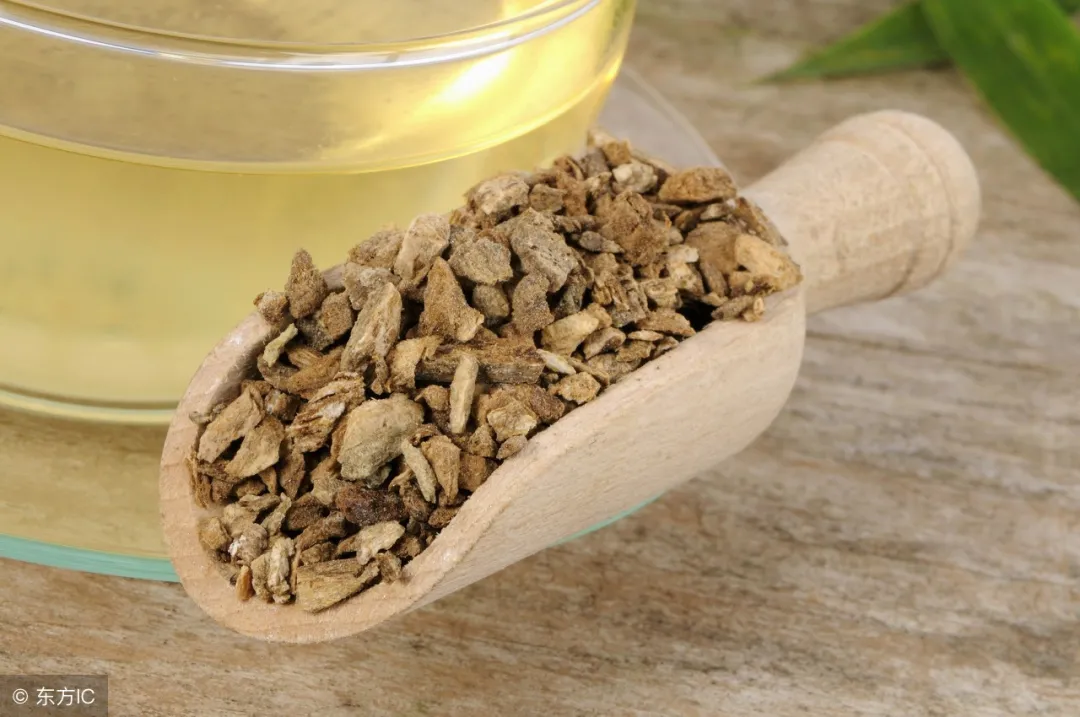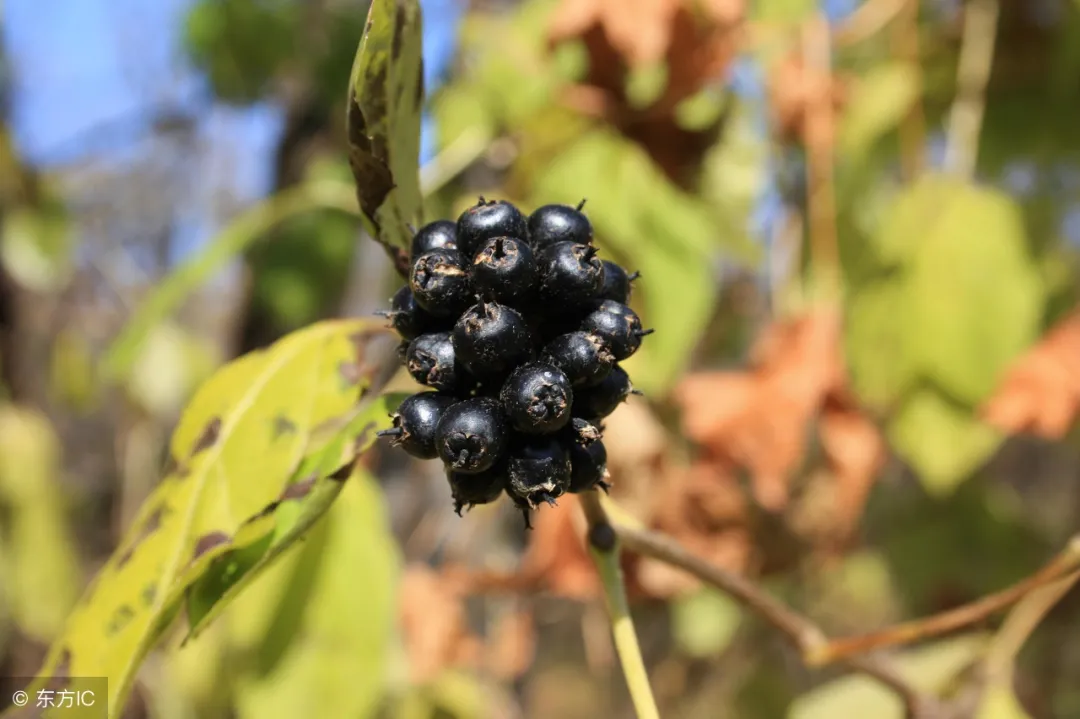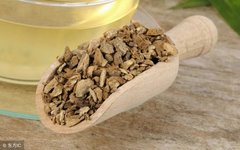Buqi (Qi tonification) is a method in Traditional Chinese Medicine (TCM) for treating Qi deficiency (气虚, qì xū). It is also known as Yiqi (益气, yì qì) and falls under the category of tonifying methods. Qi deficiency is often related to the lung (肺, fèi) and spleen (脾, pí) organs. The main symptoms of lung Qi deficiency include shortness of breath, reluctance to speak, easy fatigue, and spontaneous sweating. Spleen Qi deficiency is characterized by abdominal distension, fatigue, poor appetite, and diarrhea. Qi deficiency is commonly caused by dietary imbalance, aging, chronic illness, and manifests clinically as a decline in organ function.

1. Buzhong Yiqi Wan (补中益气丸) Ingredients: Huang Qi (黄芪, huáng qí, Astragalus membranaceus, honey-fried), Dang Shen (党参, dǎng shēn, Codonopsis pilosula), Glycyrrhiza (炙甘草, zhì gān cǎo, honey-fried licorice), Bai Zhu (白术, bái zhǔ, Atractylodes macrocephala, stir-fried), Dang Gui (当归, dāng guī, Angelica sinensis), Sheng Ma (升麻, shēng má, Cimicifuga foetida), Chai Hu (柴胡, chái hú, Bupleurum chinense), Chen Pi (陈皮, chén pí, dried tangerine peel), Sheng Jiang (生姜, shēng jiāng, fresh ginger), Da Zao (大枣, dà zǎo, jujube). Indications: Tonifies the middle and boosts Qi. Used for fatigue, organ prolapse.
2. Liujunzi Wan (六君子丸) Ingredients: Dang Shen (党参, dǎng shēn), Bai Zhu (白术, bái zhǔ, wheat-fried), Fu Ling (茯苓, fú líng, Poria cocos), Ban Xia (半夏, bàn xià, processed), Chen Pi (陈皮, chén pí), Glycyrrhiza (炙甘草, zhì gān cǎo). Auxiliary ingredients: Sheng Jiang (生姜, shēng jiāng), Da Zao (大枣, dà zǎo). Indications: Tonifies the spleen and boosts Qi, dries dampness and transforms phlegm. Used for spleen and stomach weakness, low appetite, Qi deficiency with phlegm, abdominal distension, and loose stools.
3. Xiangsha Liujun Wan (香砂六君丸) Ingredients: Muxiang (木香, mù xiāng, Saussurea costus), Sharen (砂仁, shā rén, Amomum villosum), Dang Shen (党参, dǎng shēn), Bai Zhu (白术, bái zhǔ, wheat-fried), Fu Ling (茯苓, fú líng), Ban Xia (半夏, bàn xià, processed), Chen Pi (陈皮, chén pí), Glycyrrhiza (炙甘草, zhì gān cǎo). Auxiliary ingredients: Sheng Jiang (生姜, shēng jiāng), Da Zao (大枣, dà zǎo). Indications: Boosts Qi, strengthens the spleen, and harmonizes the stomach. Used for spleen deficiency with Qi stagnation, indigestion, belching, low appetite, abdominal fullness, and loose stools.

4. Sijunzi Wan (四君子丸) Ingredients: Dang Shen (党参, dǎng shēn), Bai Zhu (白术, bái zhǔ, wheat-fried), Fu Ling (茯苓, fú líng), Glycyrrhiza (炙甘草, zhì gān cǎo). Auxiliary ingredients: Sheng Jiang (生姜, shēng jiāng), Da Zao (大枣, dà zǎo). Indications: Strengthens the spleen and boosts Qi. Used for spleen and stomach Qi deficiency, poor appetite, and loose stools.
5. Shenling Baizhu Wan (参苓白术丸) Ingredients: Ren Shen (人参, rén shēn, ginseng), Fu Ling (茯苓, fú líng), Bai Zhu (白术, bái zhǔ, wheat-fried), Shan Yao (山药, shān yào, Dioscorea opposita), Bai Bian Dou (白扁豆, bái biǎn dòu, fried), Lian Zi (莲子, lián zǐ, lotus seed), Yi Yi Ren (薏苡仁, yì yǐ rén, Job’s tears, fried), Sharen (砂仁, shā rén), Jiegeng (桔梗, jié gēng), Glycyrrhiza (甘草, gān cǎo). Indications: Strengthens the spleen and boosts Qi. Used for fatigue, poor appetite, and loose stools.
6. Ciwujia Keli (刺五加颗粒) Ingredients: Ciwujia (刺五加, cì wǔ jiā, Eleutherococcus senticosus) extract. Indications: Boosts Qi, strengthens the spleen, tonifies the kidney, and calms the spirit. Used for spleen and kidney Yang deficiency, fatigue, poor appetite, soreness in the lower back and knees, and insomnia with vivid dreams.

7. Huangqi Keli (黄芪颗粒) Ingredients: Huang Qi (黄芪, huáng qí). Indications: Tonifies Qi, stabilizes the exterior, promotes diuresis, expels toxins, and promotes tissue regeneration. Used for shortness of breath, palpitations, collapse, spontaneous sweating, weakness, edema, chronic nephritis, prolonged diarrhea, prolapse of the rectum, uterine prolapse, and non-healing sores.
8. Renshen Jianpi Wan (人参健脾丸) Ingredients: Ren Shen (人参, rén shēn), Bai Zhu (白术, bái zhǔ, wheat-fried), Fu Ling (茯苓, fú líng), Shan Yao (山药, shān yào), Chen Pi (陈皮, chén pí), Muxiang (木香, mù xiāng), Sharen (砂仁, shā rén), Huang Qi (炙黄芪, zhì huáng qí), Dang Gui (当归, dāng guī), Suan Zao Ren (酸枣仁, suān zǎo rén, fried), Yuan Zhi (远志, yuǎn zhī, processed). Indications: Strengthens the spleen, boosts Qi, harmonizes the stomach, and stops diarrhea. Used for digestive issues due to spleen and stomach weakness, feelings of fullness, nausea, vomiting, abdominal pain, loose stools, lack of appetite, and fatigue.
Remember Follow us!
Follow us!
Editor’s Recommended Articles
1.Many stomach diseases have their roots in the liver or cold; a simple combination of two herbs can soothe the liver, regulate Qi, warm the stomach, and dispel cold.
2. Flatulence is a reflection of the spleen; these three types of gas remind us to nourish the spleen, along with six TCM formulas to regulate the spleen and stomach.
3. Insufficient lung Qi and Yin, leading to shortness of breath, dry cough, fear of wind, excessive sweating, irritability, and tidal fever treatment.
4. Feeling palpitations, chest tightness, and difficulty breathing? A powerful TCM formula can clear obstructions and prevent heart disease.
Like is a form of encouragement. Share to spread joy.

